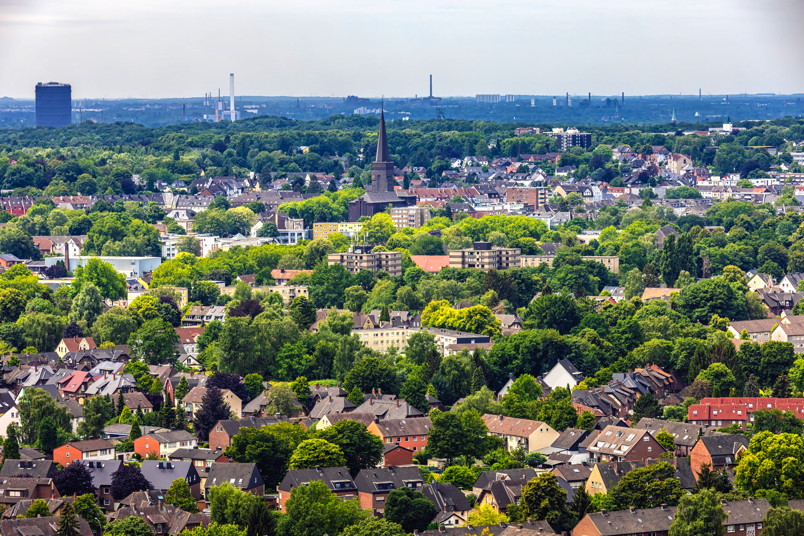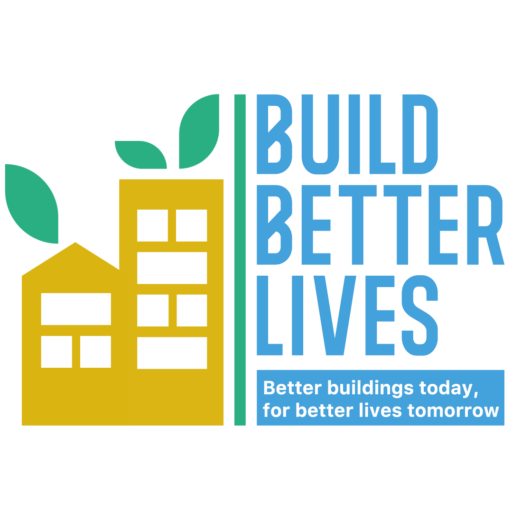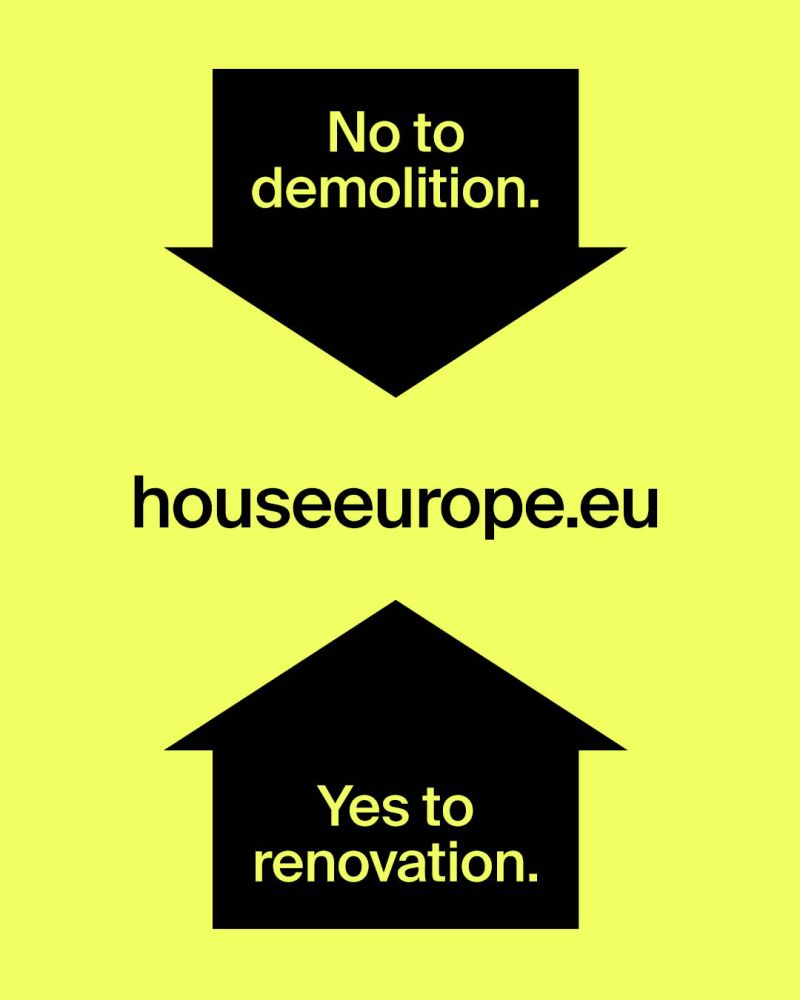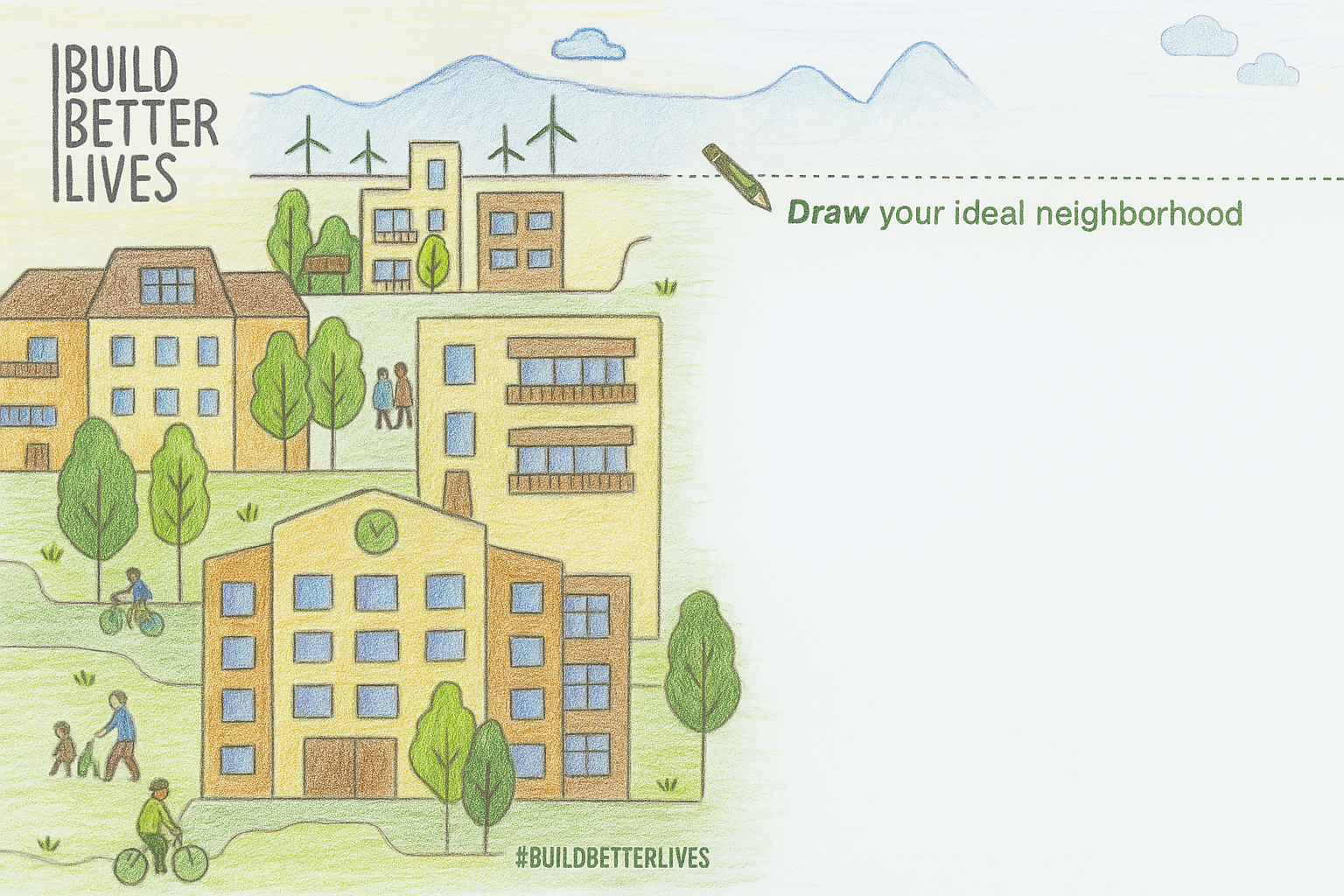
Bottrop, GERMANY
Project led by Innovation City Management GmbH (ICM)
The InnovationCity Ruhr project in Bottrop, Germany, is a standout example of how district-level renovations can address climate challenges while improving residents’ quality of life. With a focus on energy efficiency, inclusivity, and innovation, this project highlights the transformative potential of ambitious policies. Three core aspects define its success: ramping up renovation rates, fostering inclusive governance, and leveraging diverse stakeholder collaboration to drive innovation. Additionally, its use of renewable energy technologies, such as heat pumps and solar energy, underscores its leadership in sustainable, urban development.
Ramping up renovation rates with renewable energy
Over 3600 residential buildings—36% of the city’s housing stock—were modernised by 2020 through aggregated district-level interventions guided by an overarching masterplan. This allowed the project to achieve a groundbreaking annual energy renovation rate of 3.3%, far exceeding Germany’s national average of 0.8% and in line with the renovation rate prescribed to achieve our climate objectives.
These renovations integrated cutting-edge renewable energy systems, including the installation of heat pumps powered by solar and geothermal energy. These systems use low flow-through storage tanks, which ensure efficient heating and cooling and significantly reduce energy-use. The project deployed photovoltaic panels on building façades and roofs, connected to battery storage systems that powered electric vehicles and households. Together, these measures led to a 47% reduction in residential CO₂ emissions and a 56% reduction in industrial CO₂ emissions—well above national benchmarks. The integration of renewable energy not only improved energy efficiency but also demonstrated how sustainable technologies can be seamlessly embedded into urban environments.
Inclusive planning and governance
Central to the project’s success was its commitment to inclusive, bottom-up planning. InnovationCity Management GmbH (ICM) played a key role in orchestrating this inclusive governance model, setting up district offices and facilitating public engagement. More than 11.000 citizens participated in 137 events, contributing ideas and engaging in energy consultations. This approach ensured that the community’s needs were prioritized and addressed effectively. The project’s focus on inclusivity extended to vulnerable households, ensuring that energy-efficient housing was both accessible and affordable. By stabilising rents and reducing energy bills, the initiative directly improved living conditions for low-income residents, showcasing how ambitious policies can uplift vulnerable populations.

Collaboration driving innovation
Collaboration among diverse stakeholders fueled innovation throughout the project. Policymakers, local businesses, energy providers, and citizens worked together to implement creative solutions. Small and medium-sized enterprises (SMEs) contributed in providing advanced photovoltaic systems and developed a world-first hybrid power plant converting sewage sludge into fuel and electricity. These partnerships were supported by robust financial frameworks, including €2.7 million in modernization subsidies that triggered over €20 million in total investments. This blend of public and private funding, alongside innovative procurement practices, created a replicable model for cities worldwide. Importantly, the project’s efforts also stimulated local economic growth, generating approximately 300 new jobs and enhancing Bottrop’s economic resilience.
Building Better Lives through collective action
The InnovationCity Ruhr project is a testament to the power of collective action in building better lives for all. By combining ambitious policies with renewable energy solutions, inclusive governance, and community collaboration, the project achieved its sustainability goals and also improved the socio-economic and environmental well-being of its residents. Bottrop’s transformation into a low-carbon, energy-efficient city highlights the potential for innovative approaches to tackle intersecting crises in housing, climate, and equity. This initiative offers a blueprint for cities worldwide, showing how sustainable urban development can create healthier, more prosperous communities while addressing the global challenges of our time.


